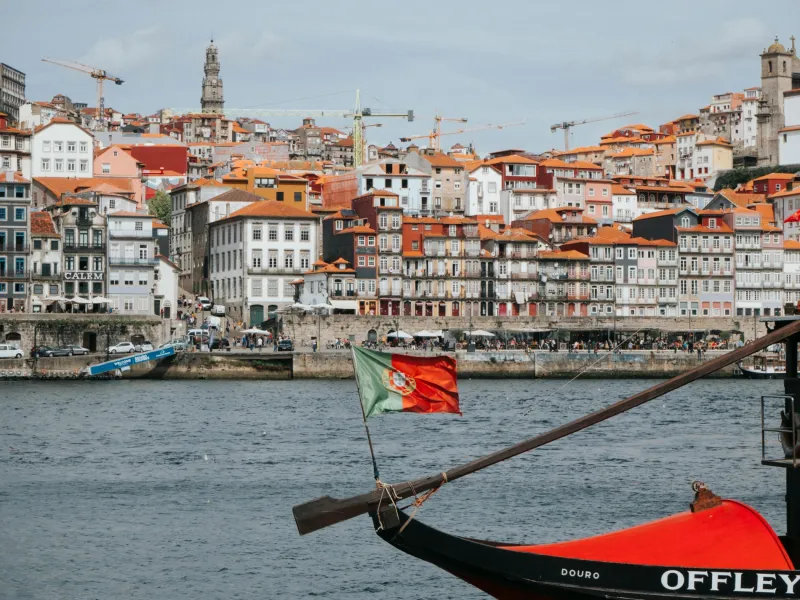Publications
Culture in Portugal: Identity, Tradition, and Current Challenges
Portugal has the privilege of carrying local, regional, and national traditions that span generations and centuries of history, which make us proud of the past and inspire the future.
Cultural Identity
From language to gastronomy, music, and architecture, all these elements, so rich for Portugal, were born and shaped by experiences, expansions, and interactions with other people throughout the years.
As highlighted by António Guterres, Secretary-General of the United Nations (UN), the Portuguese language plays a prominent role in the country’s identity. Our language, spoken by hundreds of millions of people, is “a vehicle of extraordinary cultural richness, uniting communities and nations across different parts of the world.”
When addressing Portugal’s identity, it is essential to highlight one f the nation’s most characteristic symbols: Fado – Intangible Cultural Heritage of Humanity.
Fado, an original Portuguese music style, dates back to the 19th century Lisbon, sung both indoors and in the open air. Listening to Fado is not merely hearing a simple song; it is feeling it, experiencing longing and passion in the form of music.
Through Fado we connect with unmistakable names such as Camões, Pessoa, and Saramago, present in the daily lives of every citizen. At times, in its most subtle form or in the most ordinary thoughts of routine, we express excerpts and reflections of these and many other authors who bring pride to our history.
From cultural identity to tradition
Being Portugal a country abundant in culture and traditions, one of the elements that most characterizes us are the azulejos, typically blue and white, covering historic façades, walls and murals of unmistakable beauty throughout the country.
The azulejo, today predominant in handicrafts, souvenirs and keepsakes, expresses what it is and what is felt in the continuity and in keeping traditions alive from generation to generation, just like pottery, embroidery, as well as pilgrimages and gastronomy.
Included among Portuguese cultural and traditional elements, pottery, embroidery and pilgrimages are points regarding which it is important to ensure their continuity, not only so that the identity we address is not lost, but to guarantee that future generations can access, learn, and known the past and its beauty, independently and without replacing new devices, new practices and new ways of celebrating. The ideal will always be innovation, with roots and inspiration in tradition.
At the level of gastronomy, Portugal is frequently awarded in this sector, with the country being recognized for its culinary quality present from North to South and in the Islands, with emblematic dishes such as codfish and the custard tart, whether in their traditional and original versions, or in innovations of the era in which we find ourselves, never forgetting the taste of home.
From tradition to the current challenges of keeping it alive
If, on the one hand, it is certain that we must continue and keep tradition alive, on the other it is also certain that there are social and economic components that make it difficult.
The current younger generations, even if they maintain a certain interest in some of the points and elements mentioned, it is clear that there are other factors that condition it, namely the international industry and the digital sphere.
Alongside this globalization and the strength of the digital, continuing tradition in terms of architecture and tangible heritage requires financial and human investment, national and international, in order to preserve history and legacy, often threatened by tourism and development.
Public support for institutions, mostly non-profit, plays a fundamental role in this area; Portugal invests, and must never cease to do so in the future, inspired by the past, by the icons that represent and symbolize us.
Tradition will not live only from public support, I would even say that more essential than that are the people themselves, that is, the general public; supporting the work of those who strive so that memories and recollections do not fade away: fado, Gastronomy, Pilgrimages, among many other elements of which we should be proud every day for belonging to our nation.
To support in its various forms: to attend, to applaud, to acquire, to praise, to encourage. In this way we ensure that the Portuguese people have interest, and always will, in making loud and clear what and who we are.
